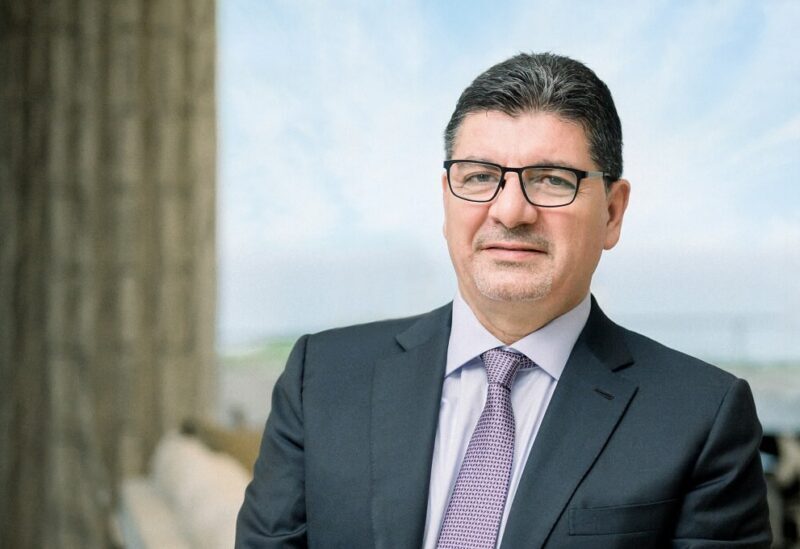
Lebanon's Bahaa al-Hariri declared on Friday he was entering Lebanese politics, saying he would join a battle "to take back the country" and follow in the footsteps of his slain father days after his brother, Saad, stepped away from public life.
In a recorded message, Bahaa, 55, said he would "continue the journey" of Rafik al-Hariri, who, with Saudi backing, established the Hariri family as the dominant player in Lebanon's Sunni community before his assassination in 2005.
"Through partnership and solidarity, we will enter the battle to take back the country and the sovereignty of the country from its occupiers," said Bahaa, an apparent reference to the Iran-backed Shiite group Hezbollah of which he is a fierce critic.
Saad's announcement upended Lebanon's sectarian politics four months before a parliamentary election, adding to the uncertainties facing a nation grappling with a devastating financial crisis.
He attributed the decision to factors including Iranian influence which he said prevented positive change in Lebanon.
Bahaa is a Saudi-Lebanese national whose business interests include real estate developments in Jordan and Lebanon, according to his website.
"The son of the martyr Rafik Hariri will not leave Lebanon, I am with you and very soon I will be among you," Bahaa said.
But he will not be a candidate in the elections and will instead back electoral lists across Lebanon under the banner of Sawa Li Lubnan, a movement he founded and financed with the aim of reform, Jerry Maher, his media advisor, told Reuters.
Difficult void to fill
Saad was chosen to take on his father's political mantle in 2005 and served as prime minister three times. The early years of his career were marked by confrontation with Hezbollah that sparked a brief conflict in 2008.
He later struck political compromises with the group, which he said spared Lebanon civil war. His political fortunes waned in recent years as Saudi Arabia cut him off, abandoning a Lebanon policy that cost billions and failed to curb Hezbollah.
"It's a signal that he will not allow a void in Sunni politics, that he is stepping in to carry the mantle," said Mohanad Hage Ali of the Carnegie Middle East Center.
"At the same time it is very difficult to see him filling the void, unless there is regional backing and solid financing behind him. If he is willing to spend money on the Sunni scene, perhaps he might have a chance."
Bahaa has been an open, fierce critic of compromises Saad made with Hezbollah and its allies.
Saad, in his announcement on Monday, said his decision aimed to spare Lebanon civil war but had cost him his fortune and "even brothers", a reference to tension with Bahaa.
Source: Middle East Online





